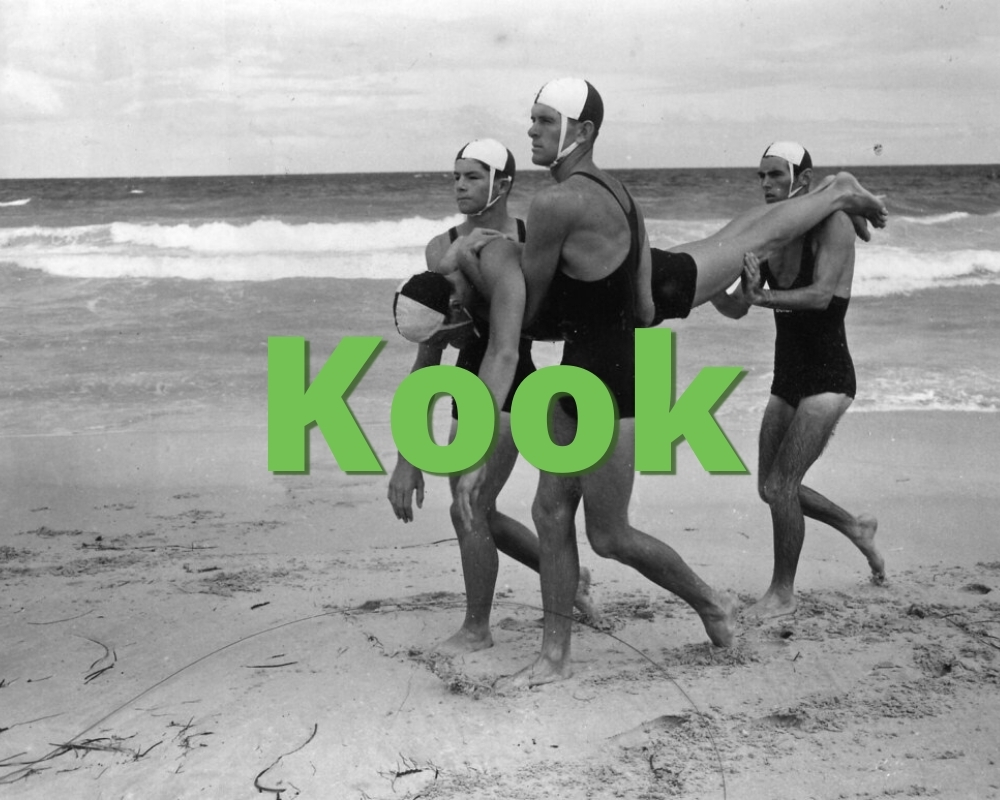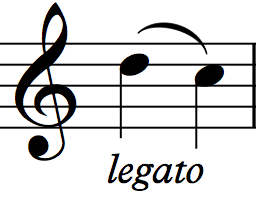Decoding 'Kook': Is This Common Term A Slur?
The English language is a fascinating tapestry of words, many of which carry multiple layers of meaning, evolving connotations, and sometimes, unexpected controversies. Among these is the term "kook." You might have heard it tossed around in casual conversation, perhaps in a movie, or most famously, within the surfing community. But what exactly does "kook" mean, and more importantly, is it considered a slur?
This article dives deep into the various definitions and contexts of "kook," exploring its journey from a quirky descriptor to a potentially offensive label. By examining its usage in different scenarios, we'll uncover the nuances behind this intriguing word and address the debate surrounding its classification as a slur.
The Everyday "Kook": More Than Just Eccentric
At its most fundamental level, "kook" is an informal, chiefly American English slang term used to describe someone who is eccentric, strange, crazy, or foolish. It's often used to refer to a person whose ideas or actions are considered out of the ordinary, fantastic, or even insane. Think of it as a synonym for words like "nutjob," "odd duck," or "weirdo."
The word itself is believed to be a shortened version of "kookie," which similarly describes a foolish or peculiar person. In this general sense, calling someone a "kook" is certainly an insult. It implies that the person is behaving in an unconventional or silly manner, often eliciting amusement or mild disdain from the speaker. For example, someone might be "dismissed as a kook for saying what they thought" if their ideas were considered outlandish by others.
While it carries a negative connotation and is undoubtedly insulting to the person being called it, in this everyday context, "kook" doesn't typically evoke the same level of widespread outrage or social condemnation as a deeply offensive racial or ethnic slur. Listeners might find it impolite or rude, but generally, they wouldn't object to the word itself in the way they would to terms universally recognized as hate speech.
"Kook" in the Lineup: A Surfer's Derogatory Term
Perhaps the most prominent and aggressive usage of "kook" is found within the surfing community. Here, the term takes on a much sharper, more derogatory edge. In the world of waves, "kook" is often wielded by "aggro locals" to describe any surfer who:
- Doesn't live in the small coastal towns where the best breaks are.
- Doesn't conform to the stereotypical local lifestyle, such as working construction or driving old, beat-up trucks.
- Displays a lack of understanding of surf etiquette, safety, or local customs.
- Is inexperienced, clumsy, or poses a danger to themselves or others in the water.
When you paddle out into the ocean, you might hear phrases like: "Did you see that kook? He snaked me on such a gnarly wave!" In this context, "kook" isn't just about being eccentric; it's a direct insult implying incompetence, disrespect, and an outsider status. It's a way for seasoned, local surfers to gatekeep their territory and express frustration with newcomers or those who don't adhere to the unwritten rules of the waves.
This specific usage highlights how a word's meaning can intensify and become more offensive within a particular subculture.
Is "Kook" a Racial Slur? Examining the Controversy
This is where the discussion surrounding "kook" becomes particularly complex and, for some, controversial. While the general and surfing definitions point to "kook" as an insult related to behavior or status, some sources present a much more severe claim: that "Kook is a slur used to describe Whites in a derogatory way. The word Kook is a racial slur that has been used historically to degrade and dehumanize whites."
This assertion stands in stark contrast to the common understanding of "kook" as an eccentric or foolish person. The vast majority of dictionaries and linguistic resources do not classify "kook" as a racial slur. Its etymology does not link it to any specific racial or ethnic group, unlike terms that are undeniably rooted in racial prejudice and have a clear history of systemic discrimination.
However, the existence of this claim, even if not widely accepted, highlights the dynamic nature of language and how different communities or individuals might interpret and experience words. It's possible that in certain niche contexts, or among specific groups, the term has been used with racial intent, leading to this interpretation. Yet, for the general public, "kook" is not widely understood or used as a racial slur against white people, nor does it carry the historical weight and widespread discriminatory impact of universally recognized racial epithets.
Some analyses suggest that while "kook" can be used as an insult or even a derogatory term, its impact as a "slur" has been "overused," perhaps diminishing its perceived severity compared to other truly heinous words. The word's four-letter, monosyllabic structure with "two harsh consonants with a vowel digraph in the middle" might make it an attractive, quick insult, but this linguistic characteristic doesn't automatically elevate it to the status of a racial slur.
The Evolution of "Kook": From Eccentric to Offensive
The journey of "kook" illustrates how words can evolve and acquire different levels of offensiveness based on context and usage. We've seen its general application as a term for eccentricity, its heightened derogatory use in surfing culture, and the rare but notable claim of it being a racial slur.
Historically, "kook" has also been used more broadly to describe individuals who act disrespectfully. For instance, in the 1980s, in areas like Santa Cruz, "kook" was used to describe people who came to the area and engaged in rude behavior, such as littering, being disrespectful to locals, or speeding on city streets. This usage reinforces its role as a term of disdain for those who don't conform to local norms or show proper respect.
Ultimately, whether "kook" is perceived as merely an insult or a full-blown slur often depends on the speaker's intent, the listener's interpretation, and the specific cultural context in which it's used. While it certainly carries a negative and often derogatory connotation, its classification as a *racial* slur is a specific and less commonly accepted interpretation, especially when compared to its widespread use as a general term for a foolish or eccentric person, or a disrespectful outsider in surfing.
Conclusion
In conclusion, the term "kook" is a fascinating example of how language can be both nuanced and contentious. Primarily, it functions as an informal American slang term for an eccentric, strange, or foolish person. In the surfing world, its meaning intensifies, becoming a highly derogatory label for outsiders or those who violate surf etiquette. While it is undeniably an insult and can be used offensively, the claim that "kook" is a racial slur, specifically against white people, is a specific interpretation that does not align with its common usage or widely accepted linguistic definitions. The word's impact as a "slur" may also be perceived differently due to its varied applications and historical context. Understanding "kook" means appreciating its diverse meanings and the specific contexts that shape its power and perceived offensiveness.

Kook Meaning » Slang.org

Notes on the Second String, Articulations & Voicings – Sight-Reading

Slurs | MuseScore